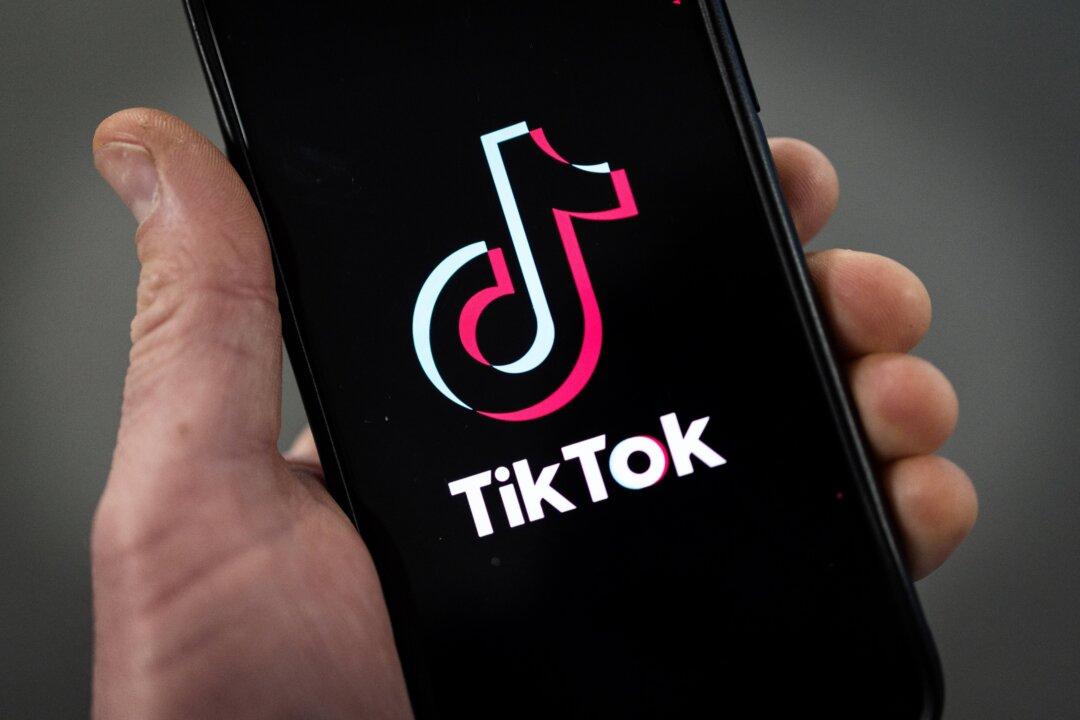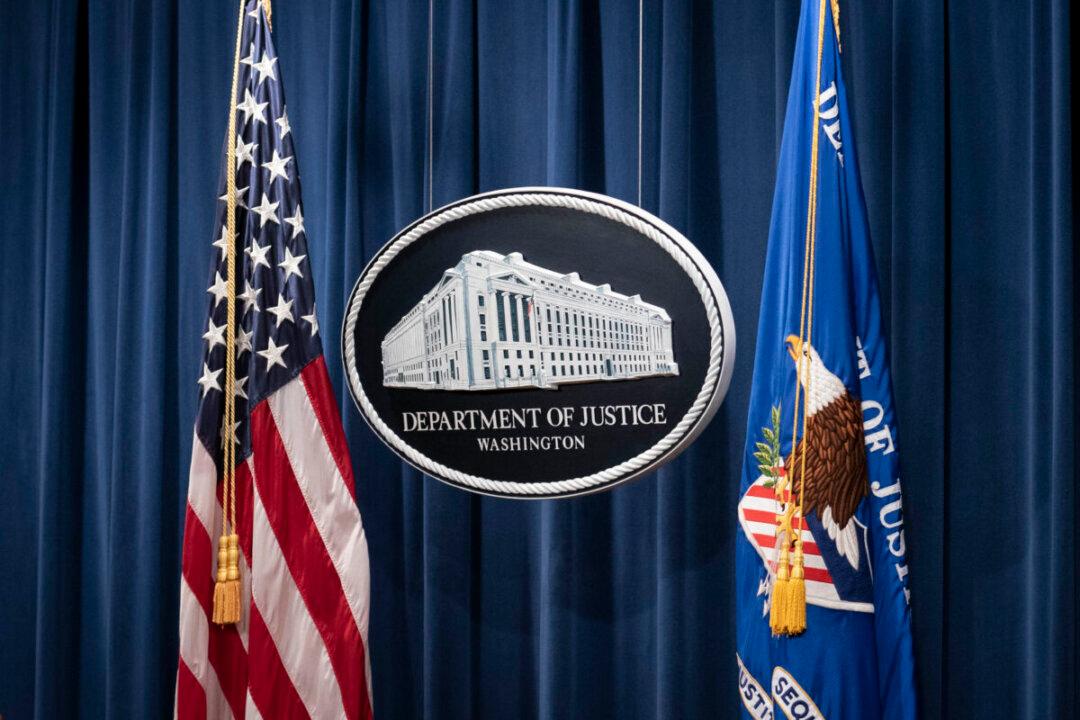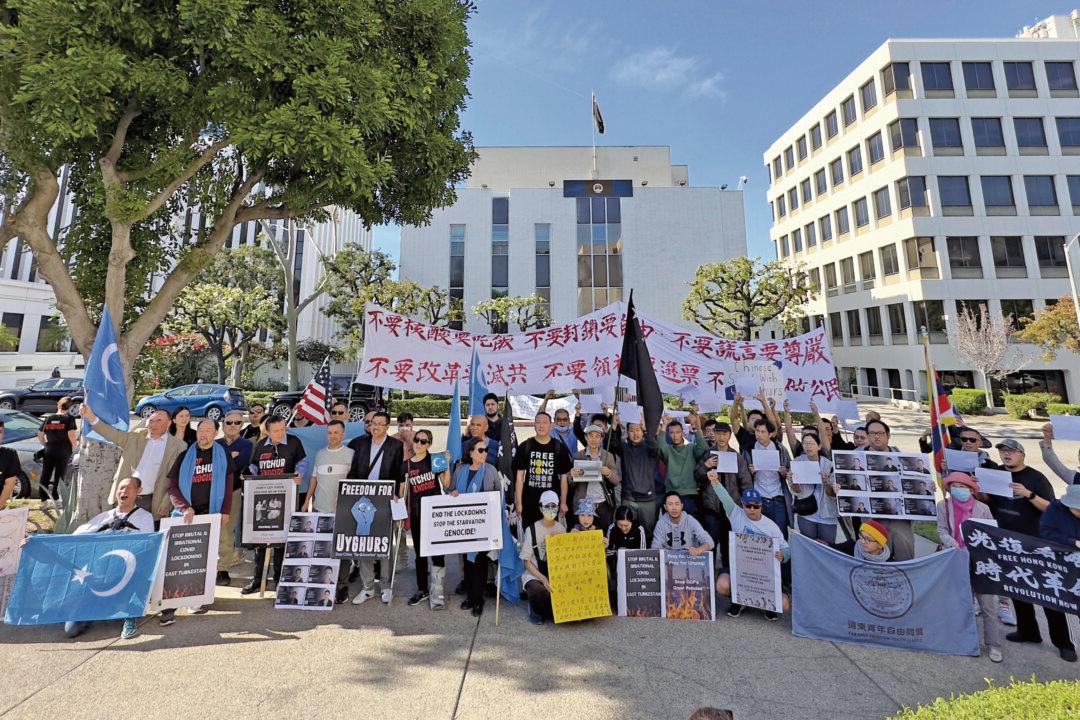TikTok is under scrutiny by the U.S. government in light of national security concerns. An expert pointed out that the content hidden in TikTok’s terms of use and privacy policy is very concerning, that users who install the app voluntarily reveal everything about themselves and the information of those around them.
“The cyber system in today’s world is so complex that people can use them for a variety of purposes,” Peter Hish, a sergeant with the Los Angeles County’s Sheriff Fraud and Cyber Crimes Bureau, told The Epoch Times on June 9.




